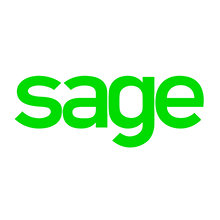How I Started A $30K/Month Economic And Financial Services Business
Note: This business is no longer running. It was started in 1990 and ended in 2021. Reason for closure: Shut down.
Hello! Who are you and what business did you start?
Good morning everyone! My name is David Civit and I am the CEO of AGESEM. The company was created in 1985 when I was 25 years old. In this sense, the entry of Spain into the European Union and therefore the creation of a new consolidated European tax system opened a window of opportunity that ends up with the creation of new business consultancies. Therefore, the company’s main aim is to tax and legal advice businessmen in Catalonia.
My flagship product is to advise small businesses and help small entrepreneurs in the difficult task of achieving business survival (local until 2000, global since the 21st century).
My main customers are small and medium companies that need a personalized and 100% tailor-made solution for their companies, but still at a low and affordable rate. Going away from impersonal advice, in AGESEM we want to make our clients think and understand, and of course, learn the process. Our main aim is to make a comfortable, friendly and trustworthy environment that determines a relationship of empathy without forgetting the need for...













